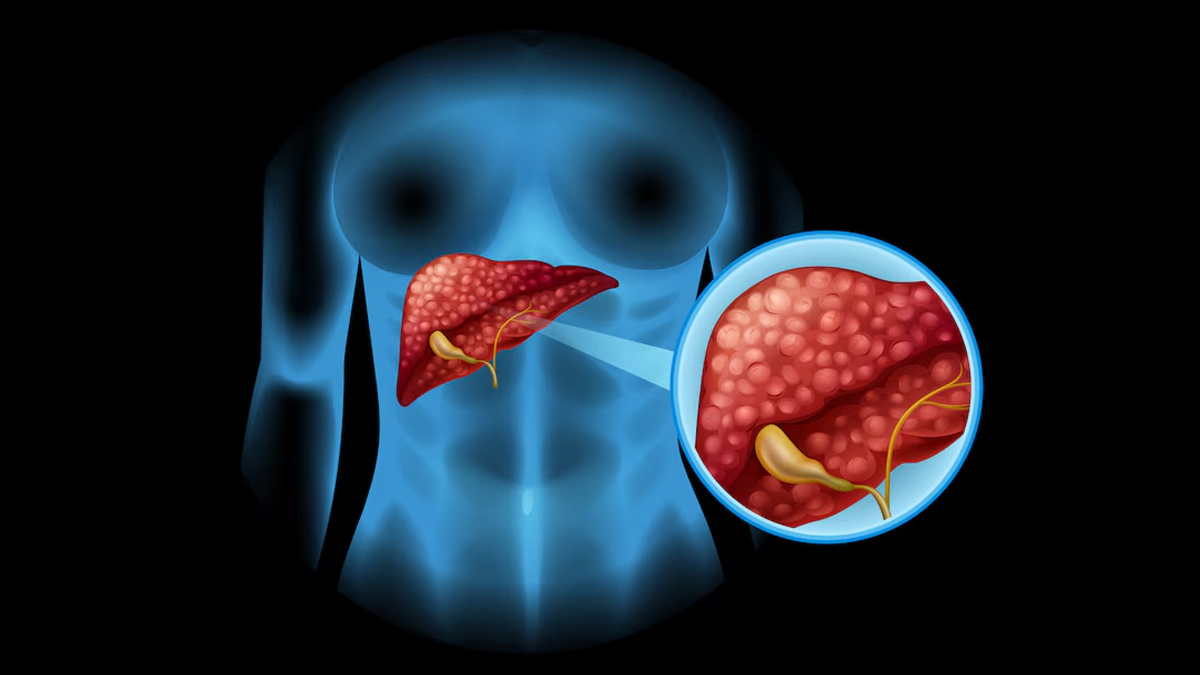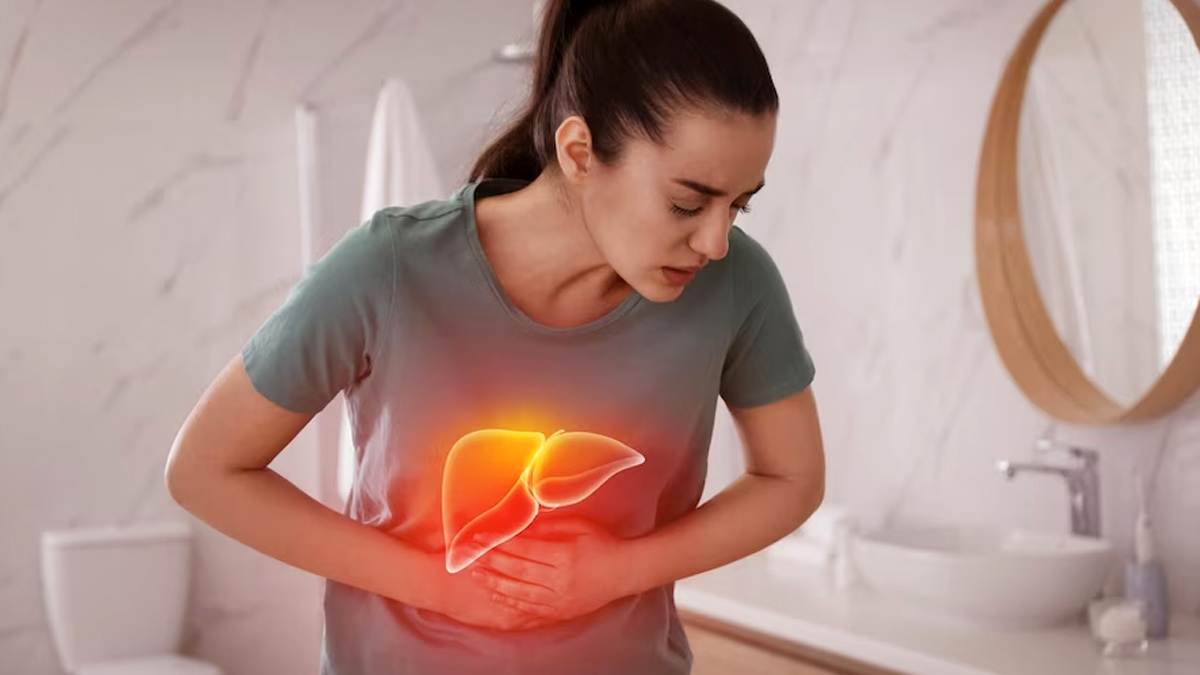
Alcohol consumption has become a prevalent aspect of social life for most people these days. However, what often goes overlooked are the significant effects it can have on the liver, which is a vital organ responsible for detoxification and metabolism. We spoke to our expert Dr Anukalp Prakash, Lead Consultant, Gastroenterology, CK Birla Hospital, Gurugram, who explained the importance of understanding these effects and adopting appropriate management strategies.
Table of Content:-

“The liver is remarkably resilient and capable of regenerating itself to a certain extent. However, chronic alcohol consumption can overwhelm its regenerative capacity, leading to a spectrum of liver diseases ranging from fatty liver to cirrhosis”, added Dr Prakash.
According to a 2017 study, consuming excessive alcohol over many years can harm almost every organ in the body. Nonetheless, the liver experiences the earliest and most significant level of tissue damage due to excessive drinking, as it serves as the primary location for ethanol metabolism.
Reversible Damage Of Alcohol In Liver
It's essential to differentiate between reversible and permanent damage to effectively manage these conditions. Dr Prakash explained the reversible damage of alcohol in the liver as follows:

Fatty Liver Disease (Steatosis)
One of the initial stages of alcohol-induced liver damage is the accumulation of fat in liver cells. “This condition, known as fatty liver disease, is reversible if detected early and alcohol consumption is reduced or stopped altogether”, said Dr Prakash. Lifestyle modifications, including a healthy diet and regular exercise, can also aid in reversing fatty liver disease.
Alcoholic Hepatitis
Dr Prakash added, “This inflammatory condition of the liver can occur in individuals with long-term, heavy alcohol consumption. While alcoholic hepatitis can cause severe liver damage, it is potentially reversible if alcohol consumption ceases promptly.” Treatment may involve medication and supportive care to manage symptoms and prevent complications.
Also Read: Stop Overdrinking, Expert Explains Impact Of Alcohol On Your Skin Health
Permanent Damage Of Alcohol In Liver
Dr Prakash listed the permanent damage of alcohol on the liver as follows:

Cirrhosis
“Prolonged alcohol abuse can lead to the development of cirrhosis, a condition characterised by the progressive scarring of liver tissue. Once cirrhosis occurs, the damage is largely irreversible, and the liver's ability to function declines significantly”, added Dr Prakash. However, early intervention through alcohol cessation and lifestyle changes can slow the progression of cirrhosis and improve quality of life. In advanced cases, liver transplantation may be the only option.
Hepatocellular Carcinoma (Liver Cancer)
Chronic alcohol consumption is a significant risk factor for the development of liver cancer, particularly in individuals with cirrhosis. Once liver cancer develops, treatment options are limited, and the prognosis is often poor. Prevention through alcohol cessation and regular surveillance of individuals at risk is crucial in reducing the incidence of liver cancer.
Also Read: Addicted To Alcohol: Expert Lists Causes And Symptoms Of Alcohol Addiction
Management Strategies
Here are some management strategies for managing the effects of alcohol on the liver, as listed by the expert:

Education and Counseling
Providing patients with comprehensive information about the risks of alcohol consumption and the importance of moderation or abstinence is essential. “Counselling sessions can help individuals understand the impact of their drinking habits on their liver health and motivate them to make positive changes”, said Dr Prakash.
Medical Intervention
Pharmacological therapies may be prescribed to manage symptoms, reduce inflammation, and support liver function in individuals with alcohol-related liver diseases. However, these medications should be used in conjunction with lifestyle modifications and alcohol cessation.
Nutritional Support
Proper nutrition is vital for individuals with alcohol-related liver diseases to support liver function and promote healing. A balanced diet rich in fruits, vegetables, lean proteins, and whole grains can help mitigate the damage caused by alcohol consumption.
Regular Monitoring
Dr Prakash added, “Routine monitoring of liver function tests and imaging studies can help track disease progression and guide treatment decisions. Close collaboration between patients, healthcare providers, and specialists is crucial in managing alcohol-related liver diseases effectively.”
Bottomline
Dr Prakash concluded, “Alcohol consumption can have profound effects on liver health, ranging from reversible conditions like fatty liver disease and alcoholic hepatitis to permanent damage, such as cirrhosis and liver cancer. Early recognition, intervention, and lifestyle modifications are key to preventing further harm and improving outcomes for individuals with alcohol-related liver diseases.”
[Disclaimer: This article contains information provided by an expert and is for informational purposes only. Hence, we advise you to consult your expert if you face any health issues to get the necessary treatment and diagnosis.]
Also watch this video
How we keep this article up to date:
We work with experts and keep a close eye on the latest in health and wellness. Whenever there is a new research or helpful information, we update our articles with accurate and useful advice.
Current Version